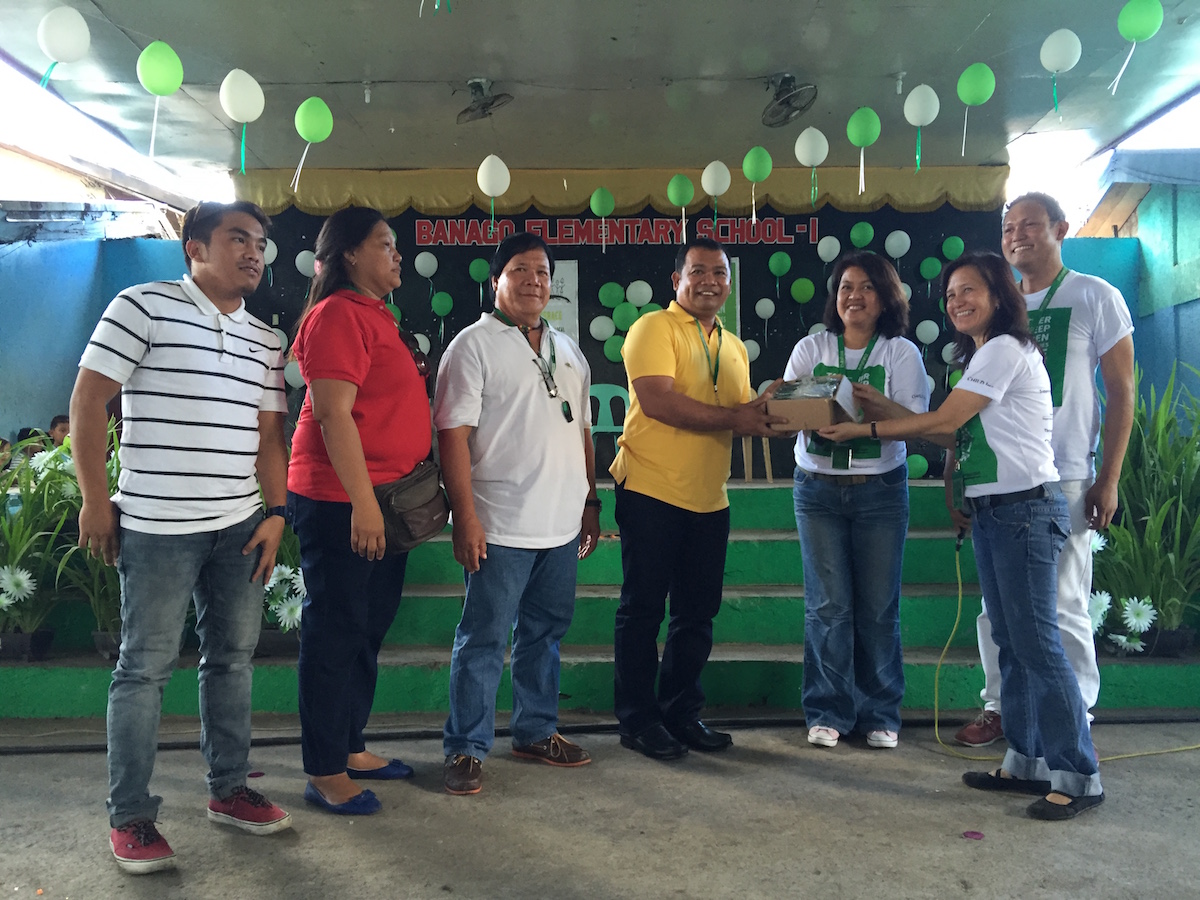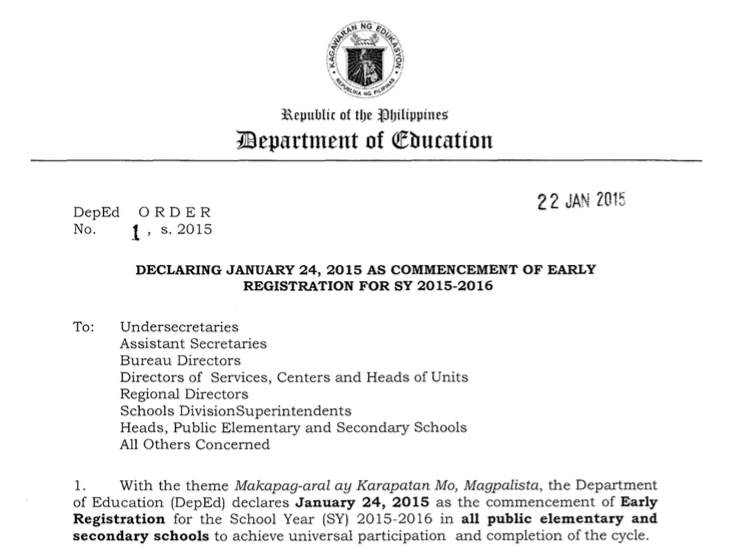By JAKE SORIANO
BACOLOD City — Last Thursday, the International Day for Persons with Disabilities (PWDs), select local governments here received whistles from an international nonprofit.
These whistles, to be distributed to children with disabilities, are intended to serve as protection tools they could use to signal distress and call for assistance.
Child Fund Philippines, proponent of the pilot initiative, said the project should also serve to remind parents, caregivers, and other duty-bearers to be more responsive to distress situations.
That children with disabilities are at greater risk to violence, whether physical or sexual, underscores the urgent need for such “whistles for protection.”
Awareness-raising activities and community-based whistle drills were previously held in four barangays in Bacolod City, as well as in two barangays in both Roxas City and San Joaquin in Iloilo.
“There are several hard truths about PWDs that we need to remember, and that encourage us to work in this project,” said Katherine Manik, Child Fund Philippines national director.
“Violence and abuse against children with disabilities has been going on for a long time,” she said.
Official statistics, while only offering a hint of the magnitude of the situation, are cause for alarm.
A 2012 study by the World Health Organization (WHO) revealed that overall, children with disabilities are almost four times more likely to experience any sort of violence than their peers without disabilities.
They are more than thrice likely to be victims of physical violence, and more than twice likely to be victims of sexual violence.
Most vulnerable are children with mental or intellectual disabilities, who are more than four times at risk of sexual violence.
Data on violence against children with disabilities from low- and middle-income countries are lacking, noted the WHO.
In the Philippines, data on even just the total number of PWDs are insufficient. Some 1.4 million Filipinos have disabilities, according to the 2010 census.
The 2015 census has excluded questions on disability, although the Philippine Statistics Authority (PSA), the agency in charge, said they would conduct a disability survey next year. (See Census leaves out PWDs, angers disability council, PSA: We’ll do disability survey in 2016)
Such exclusions in official statistics contribute to the continued invisibility of PWDs in society.
“[Violence against children with disabilities] remains hidden, and it remains unreported,” said Manik, explaining that there is “an overwhelming need for more attention” to the issue.
“Why a whistle? Because it’s loud. Because it’s shrill. Because it’s unique and distinct,” she said.

Besides empowering children with disabilities to “become their own advocates,” she added that there is another component to the project: for communities to be able to respond to the sound of distress.
“We would like to begin today to make it a habit,” Manik said.
Challenges remain, especially in law enforcement.
Police officer April Diamante, deputy chief of the Bacolod City Women and Children Protection Desk (WCPD), has handled cases where victims of sexual abuse are deaf.
Interpretation is difficult, if almost impossible, and one recourse is to seek the help of a sign language interpreter from a local foundation.
“Syempre, we have to wait for a couple of hours pa. Kay hindi man siling nga pagka-tawag mo, ara sila dasun. [But we have to wait for the interpreter, who is not at our beck and call],” Diamante said.
When a parent is present, police investigators communicate through her.
“Gina–pamangkot ko ang nanay. Tapos ang nanay ang ga-pamangkot sa bata. Sya ang ga-interpret [I ask questions through the mother. It is she who interprets for us],” Diamante said.
She called for training for members of the police force, especially in sign language interpretation.
“Personally, wala gid ko ya ng idea sang amo na. Ang nabal-an ko lang guro is A-B-C. Amo lang na [I personally have no idea what to make of signs. All I know are the signs for A-B-C. That’s it],” she said.
Allan Nunez, project manager of the whistle for protection campaign, said that Child Fund Philippines would consider Diamante’s suggestion.
But the focus of the campaign in the coming months would be on building the capacities of parents, teachers, and children themselves in using the whistles, he said.
Elino Bardillon, head of the public affairs division of the Council for the Welfare of Children (CWC), congratulated participating civil society groups and local governments involved in the campaign.
“Gusto naming i-propose ito [We want to propose this] on a national scale,” Bardillon said, earning applause from the audience.

